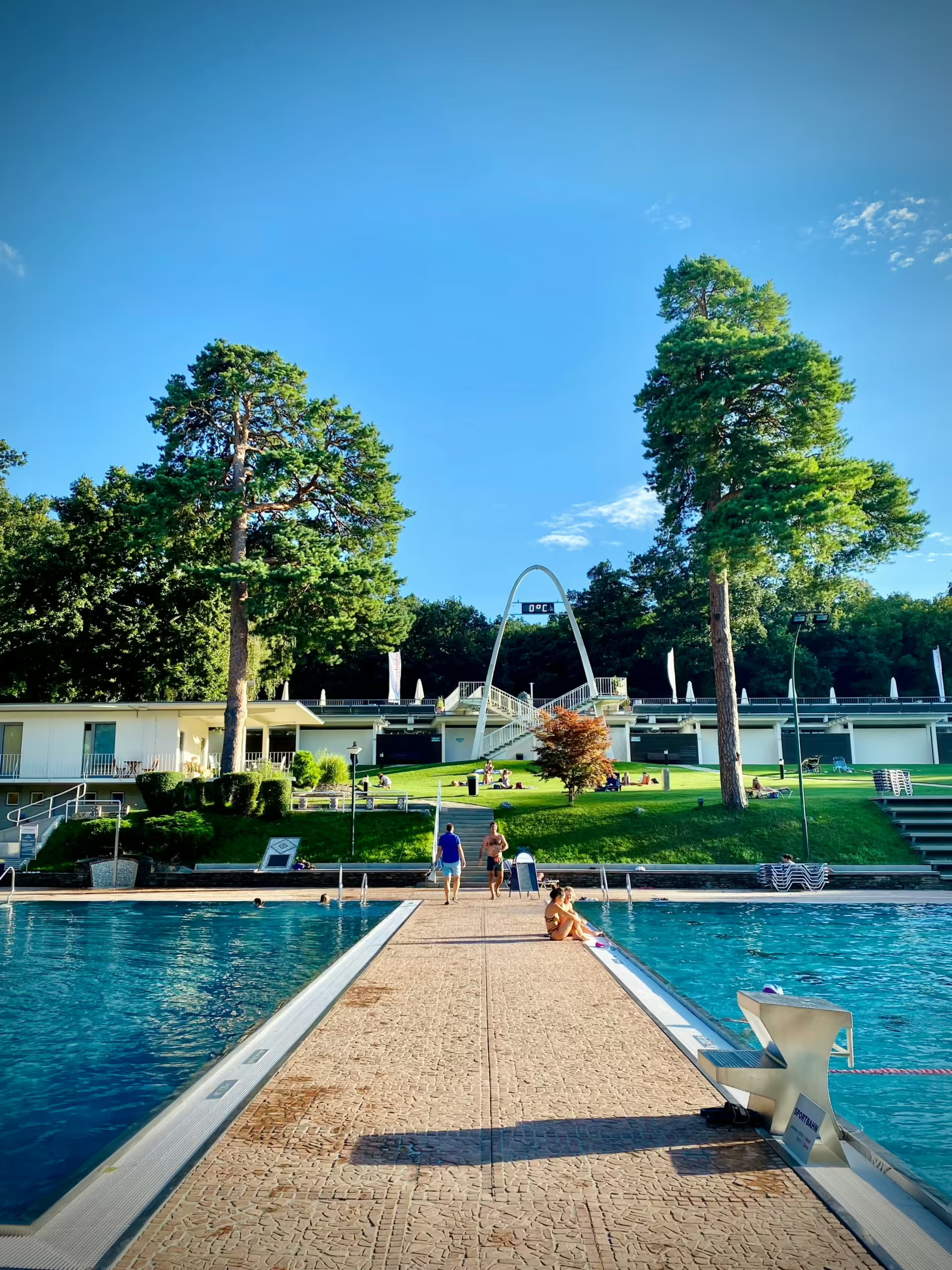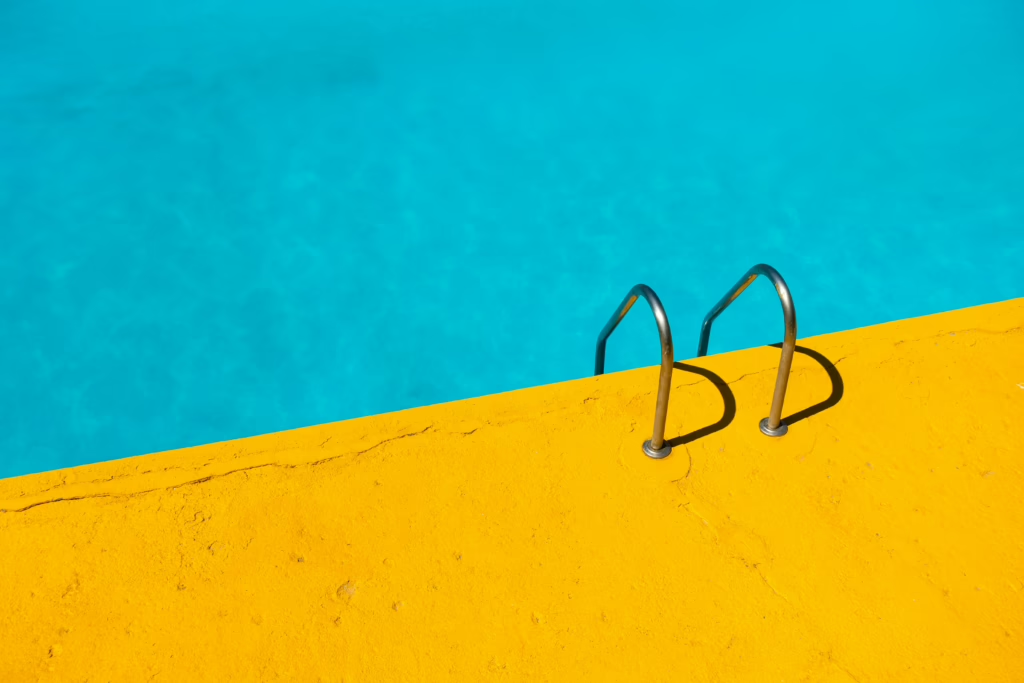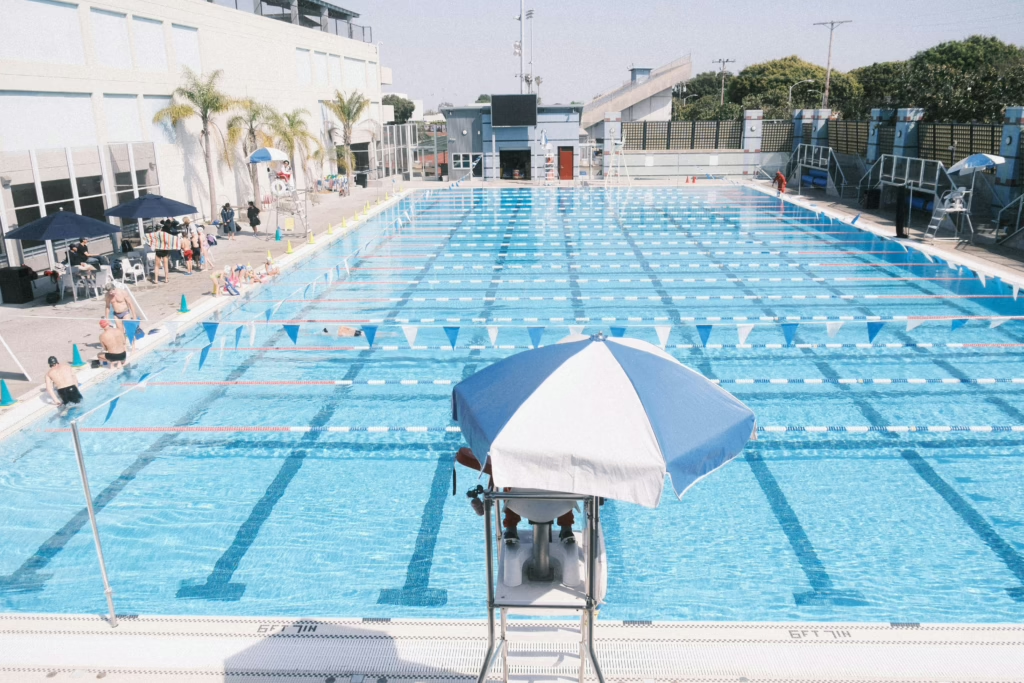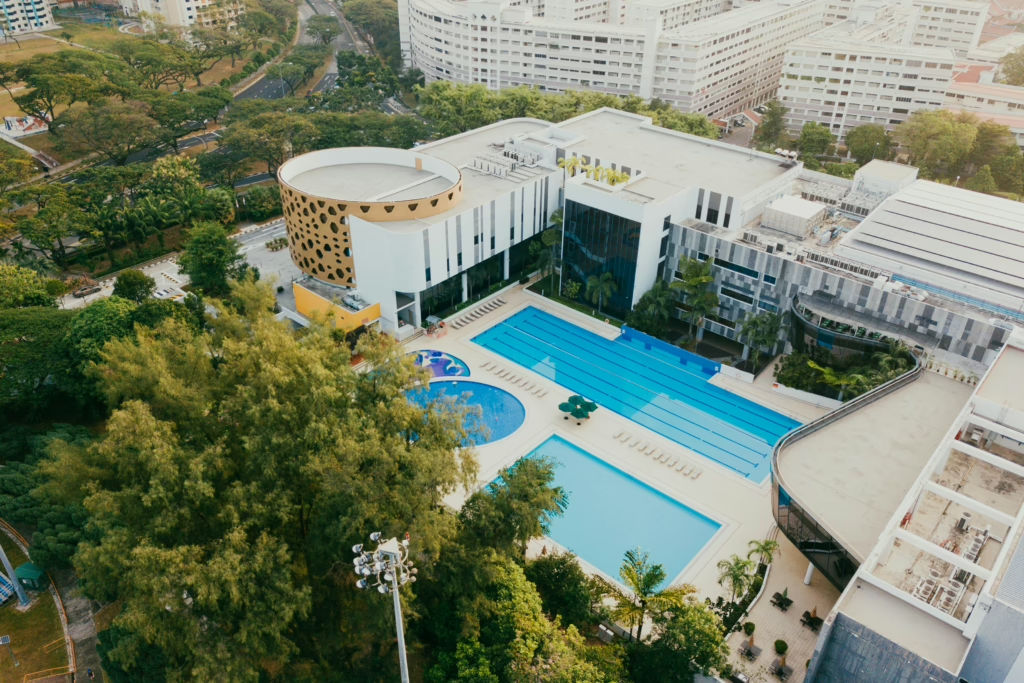Your pool pump is the heart of your pool’s circulation system, ensuring clean and safe water for swimming. However, when neglected, a pool pump can develop costly issues, from clogged impellers to motor failures. Preventative maintenance is the key to avoiding these problems and extending your pump’s lifespan, saving you time and money in the long run.
San Diego’s unique climate—warm, sunny days and occasional temperature fluctuations—requires a tailored approach to pool pump care. Following these simple maintenance tips can keep your pump running smoothly year-round. If you’re looking for pool pump repair near me, this guide will also help you identify when to call the pros.
Daily and Weekly Maintenance Tips
Consistent, small actions can prevent significant problems with your pool pump. Incorporating these practices into your pool care routine will help maintain efficiency and reduce the risk of expensive repairs.
1. Skim Debris Regularly
Debris, like leaves, bugs, and dirt, can quickly clog your pool’s circulation system, forcing the pump to work harder. Make it a habit to skim the pool daily, especially during windy weather or after a storm. Keeping the water surface clear minimizes strain on the pump and prevents clogs in the filtration system.
2. Monitor Water Levels
Proper water levels are crucial for maintaining optimal pump pressure. If the water level drops too low, the pump may suck in air, leading to a loss of prime and potential damage. Check the water level frequently, ensuring it remains halfway up the skimmer opening.
3. Clean the Pump Basket and Filters Weekly
The pump basket and filters are designed to catch debris before it reaches the pump’s motor. Over time, these components can become clogged, reducing water flow and causing overheating. Remove the pump basket weekly, clear out debris, and rinse it thoroughly. Similarly, backwash or clean pool filters regularly to maintain consistent water circulation.
Seasonal Maintenance Tips
San Diego’s warm climate means pools are often used throughout the year. However, seasonal maintenance is still necessary to prepare for heavy use in summer and protect the pump during cooler months.
1. Prepare for Peak Use During Warm Months
Summer is the busiest season for pools in San Diego, and your pump will work overtime to keep the water clean. Before the season starts:
- Inspect the pump for leaks, worn seals, or other visible issues.
- Ensure all electrical connections are secure and functioning correctly.
Consider scheduling a professional tune-up to address any potential problems before they escalate.
2. Winterize Your Pump for Cooler Weather
Even in mild climates like San Diego, cooler months can reduce pool usage and potential risks to your pump. Winterizing involves:
- Lowering the pump’s workload by reducing filtration time.
- Draining excess water from the pump and pipes to prevent damage during cold snaps.
- Covering the pump to protect it from debris and weather exposure.
Proper winterization ensures your pump remains in good condition during the off-season and is ready for action when temperatures rise again.
Signs Your Pump Needs Immediate Attention
Even with regular maintenance, your pool pump may occasionally exhibit trouble. Catching these early can prevent more extensive damage:
- Unusual Noises: Grinding, humming, or screeching sounds often indicate motor or bearing issues.
- Reduced Water Flow: If you notice weaker water circulation, it could mean a clogged impeller or suction line.
- Leaks Around the Pump: Pooled water near the pump suggests worn seals, loose fittings, or cracks in the housing.
- Frequent Shutdowns: A pump that stops working repeatedly may have electrical or motor problems that need professional diagnosis.
Address these issues as soon as they arise to avoid costly repairs or replacements.
When to Schedule Professional Inspections
While regular DIY maintenance is essential, professional inspections are critical in preventing major pump issues. Experienced technicians can:
- Identify hidden problems that might not be visible to the untrained eye.
- Perform in-depth cleaning and adjustments to improve efficiency.
- Extend the life of your pump through expert care and timely repairs.
Scheduling annual or biannual inspections ensures your pump remains in peak condition, reducing the risk of unexpected breakdowns.
FAQs: Pool Pump Repair Near Me
1. What are the signs my pool pump needs repair?
Signs your pool pump may need repair include unusual noises like grinding or screeching, low or no water flow, leaks around the pump, or frequent shutdowns. Despite proper chemical balance, a sudden spike in your energy bill or cloudy pool water can also indicate a malfunctioning pump.
2. How much does a pool pump repair cost near me?
The cost of pool pump repair varies depending on the complexity of the issue and your location. In San Diego, on average, repair costs range from $150 to $400.
3. Can I repair my pool pump myself?
Pool owners can handle some minor issues, like cleaning a clogged pump basket or replacing a worn O-ring with essential tools. However, more complex problems, such as electrical issues, motor failures, or major leaks, require professional expertise.
4. Why is my pool pump making a loud noise?
Loud noises from your pool pump could indicate several issues. Grinding or screeching sounds often mean the bearings are worn, while humming may point to a clogged impeller or electrical problem. Air leaks in the suction line can also cause unusual noises.
5. What causes a pool pump to stop working?
A pool pump can stop working due to electrical problems, such as a tripped breaker, loose wiring, or mechanical issues like a damaged impeller or motor failure. Clogs in the suction line, a clogged filter, or low water levels can also disrupt the pump’s operation.
6. Should I repair or replace my pool pump?
Your pump is less than 7 years old, and repairs are affordable; fixing it is usually the best option. However, if the pump is over 10 years old or the cost of repairs exceeds 50% of the price of a new pump, replacement is often more cost-effective in the long term.
7. How long should a pool pump last?
A well-maintained pool pump typically lasts 8–12 years. Regular cleaning, balanced water chemistry, and prompt repairs for minor issues can extend its lifespan.
8. Why is my pool pump leaking?
Worn-out seals, damaged O-rings, or loose fittings often cause pool pump leaks. Cracks in the pump housing or improper installation can also lead to leaks.
9. What can I do to prevent future pool pump repairs?
Regularly clean the pump basket and filters, maintain proper water levels, and ensure the pump has adequate ventilation to avoid overheating. Inspect seals and O-rings for wear and replace them as needed.
10. How quickly can pool pump repair be completed in San Diego?
The time required for pool pump repair depends on the issue’s complexity. Minor repairs, like replacing an O-ring or clearing a clog, can often be completed within a few hours. More extensive repairs, such as motor replacements, may take a day or longer.
Final Thoughts
Taking a proactive approach to pool pump maintenance is the most effective way to avoid costly repairs and extend the life of your equipment. You can keep your pump running efficiently year-round by incorporating daily, weekly, and seasonal care into your routine.
If you need expert help, PoolLogic San Diego is here. Our certified technicians provide top-notch maintenance and repair services tailored to San Diego’s unique climate. Contact us today to schedule your pool pump service and enjoy a hassle-free swimming season!



